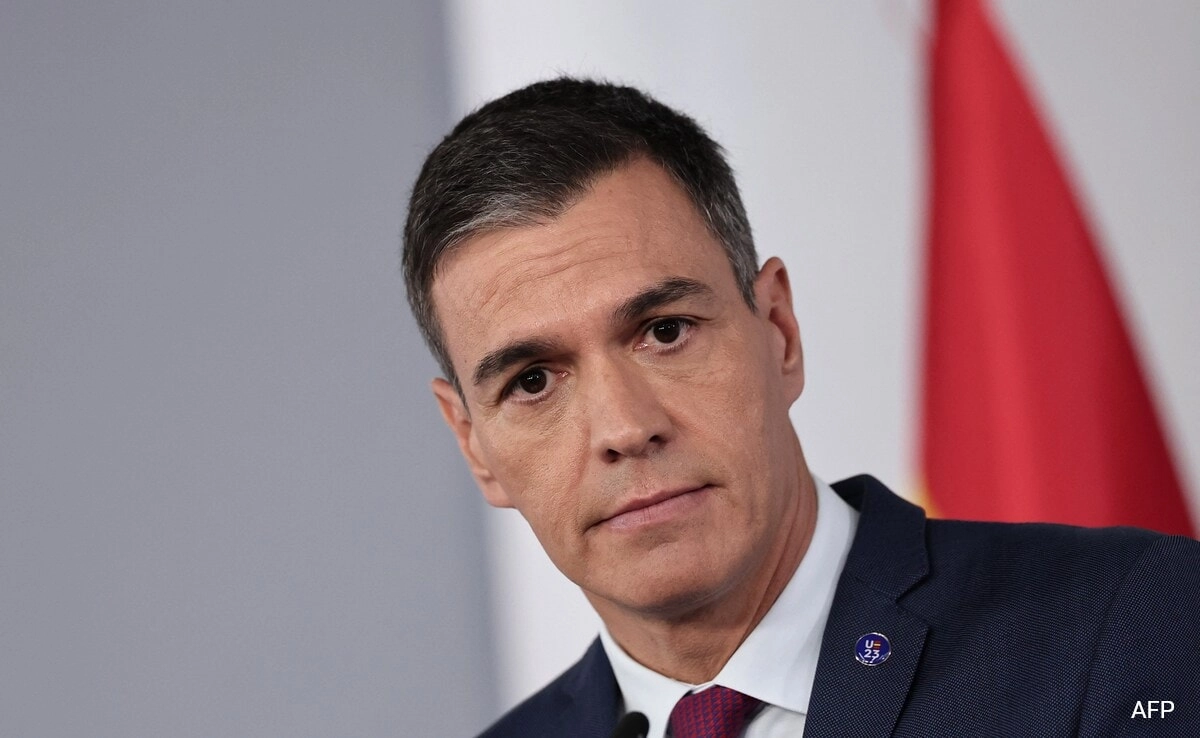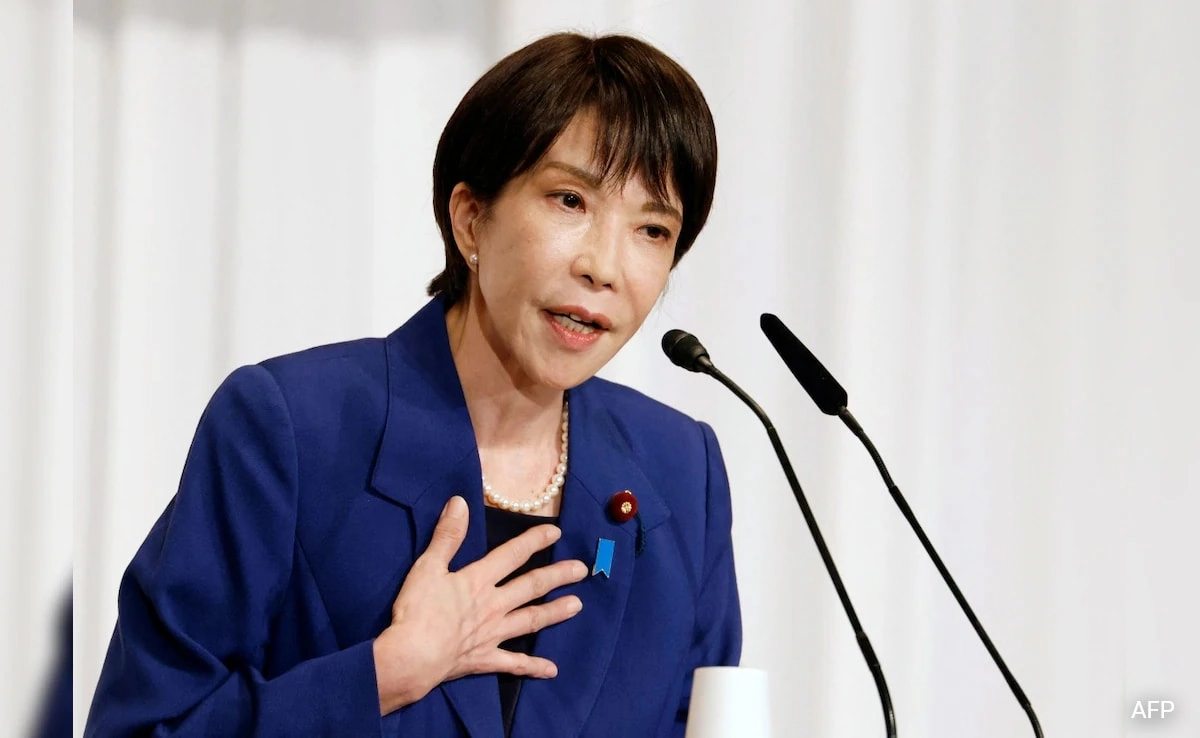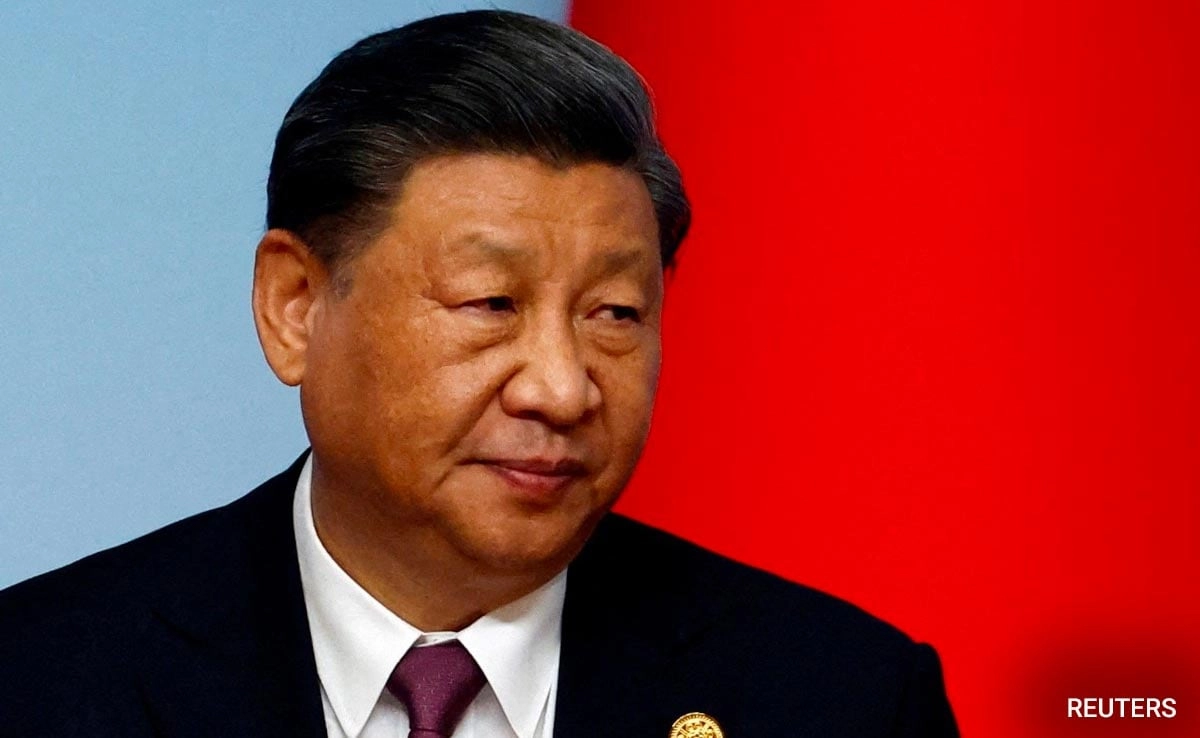In the wake of a significant corruption scandal that has shaken the foundations of the Spanish government, Prime Minister Pedro Sánchez has unveiled an ambitious anti-corruption plan aimed at restoring public trust and ensuring transparency within political institutions. The announcement comes amidst growing public discontent and widespread media coverage of the scandal, which has implicated several high-profile officials and raised concerns about the integrity of the ruling party. Sánchez’s initiative seeks to address these concerns head-on, focusing on systemic reforms designed to prevent future instances of corruption and enhance accountability at all levels of government.
The anti-graft plan outlines a series of measures, including stricter regulations on political financing, enhanced oversight of public contracts, and the establishment of independent bodies to investigate allegations of corruption. Sánchez emphasized the importance of a zero-tolerance approach to graft, stating that the integrity of public office is paramount to the functioning of democracy. By instituting these reforms, the government hopes to create a more transparent political environment that prioritizes the interests of citizens over personal gain. This proactive stance is seen as crucial in a time when public faith in the political system is waning, and citizens demand greater accountability from their leaders.
Moreover, the Prime Minister’s commitment to tackling corruption reflects a broader trend in European politics, where several nations are grappling with similar issues. Sánchez’s plan not only aims to safeguard the reputation of his administration but also serves as a rallying point for other leaders facing scrutiny over corruption allegations. By adopting a comprehensive anti-corruption strategy, the Spanish government hopes to set a precedent for effective governance and inspire confidence among the electorate. As Sánchez moves forward with these reforms, the success of the anti-graft plan will largely depend on its implementation and the willingness of officials to embrace a culture of transparency and ethical conduct.
As Spain navigates this turbulent period, the effectiveness of the Prime Minister’s anti-corruption measures will be closely monitored by both the public and political analysts. The outcome of this initiative could have profound implications for the country’s political landscape, potentially influencing voter behavior and shaping the future of political parties in Spain. In a climate where trust in government institutions is fragile, Sánchez’s leadership will be pivotal in determining whether these reforms can restore confidence and lay the groundwork for a more accountable and transparent political system. The coming months will be critical as the government embarks on this journey to eradicate corruption and rebuild public trust in the democratic process.




